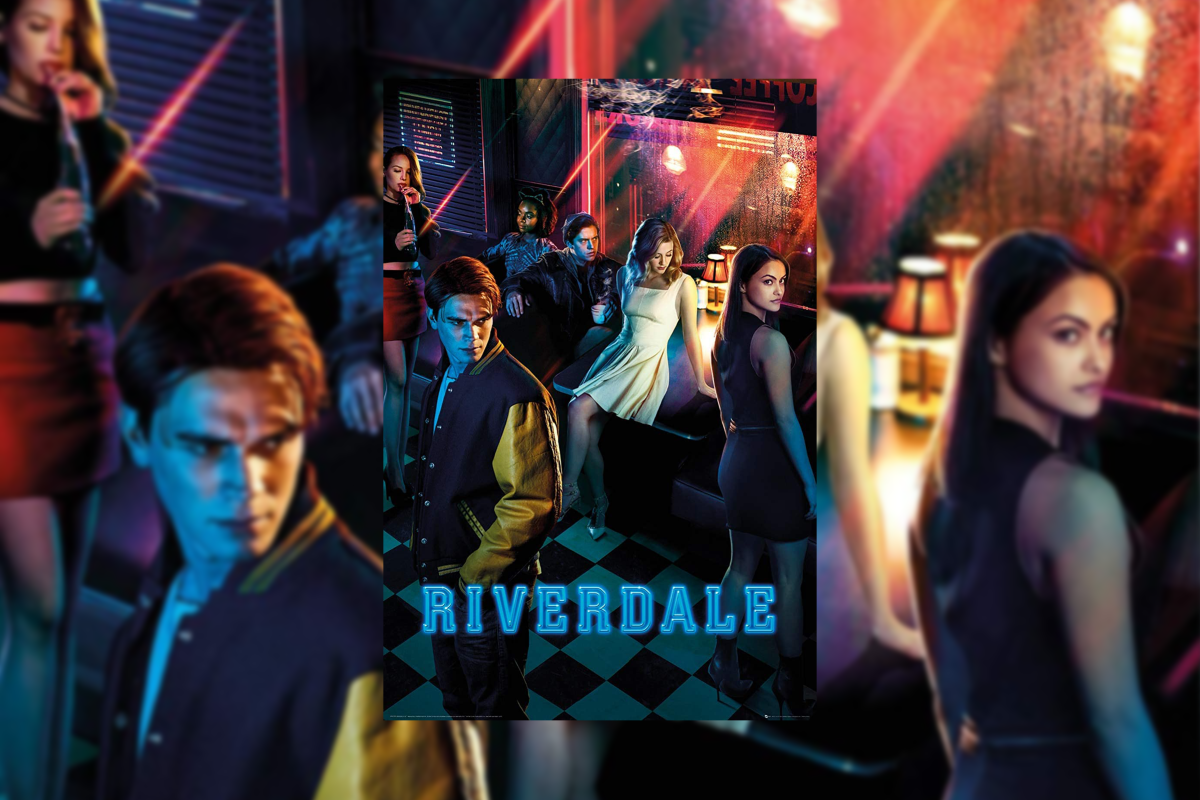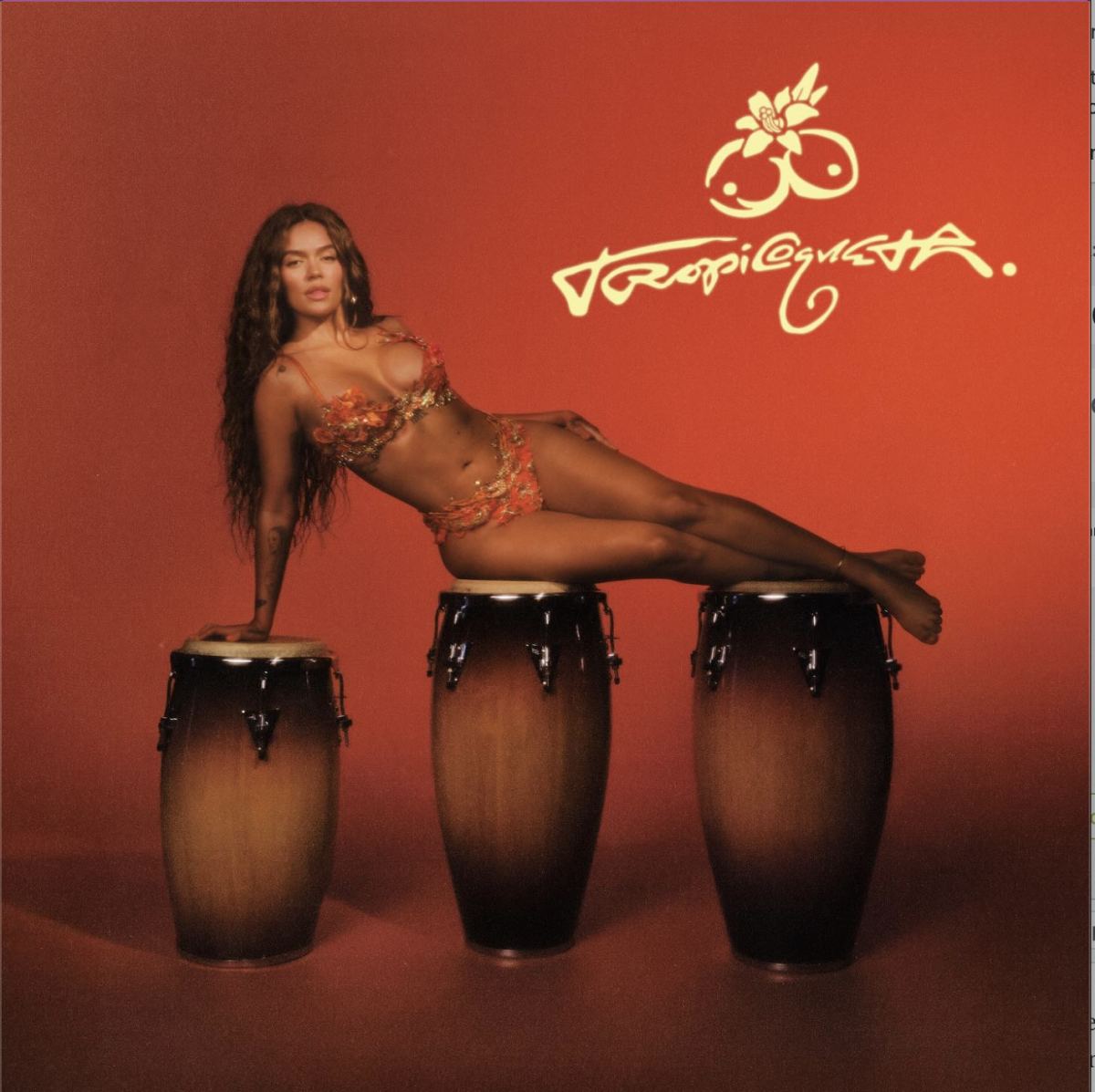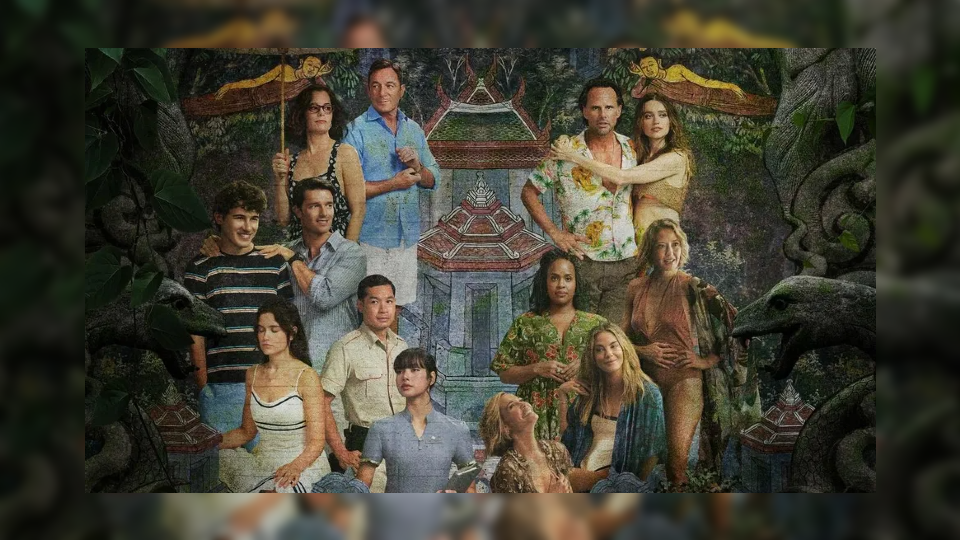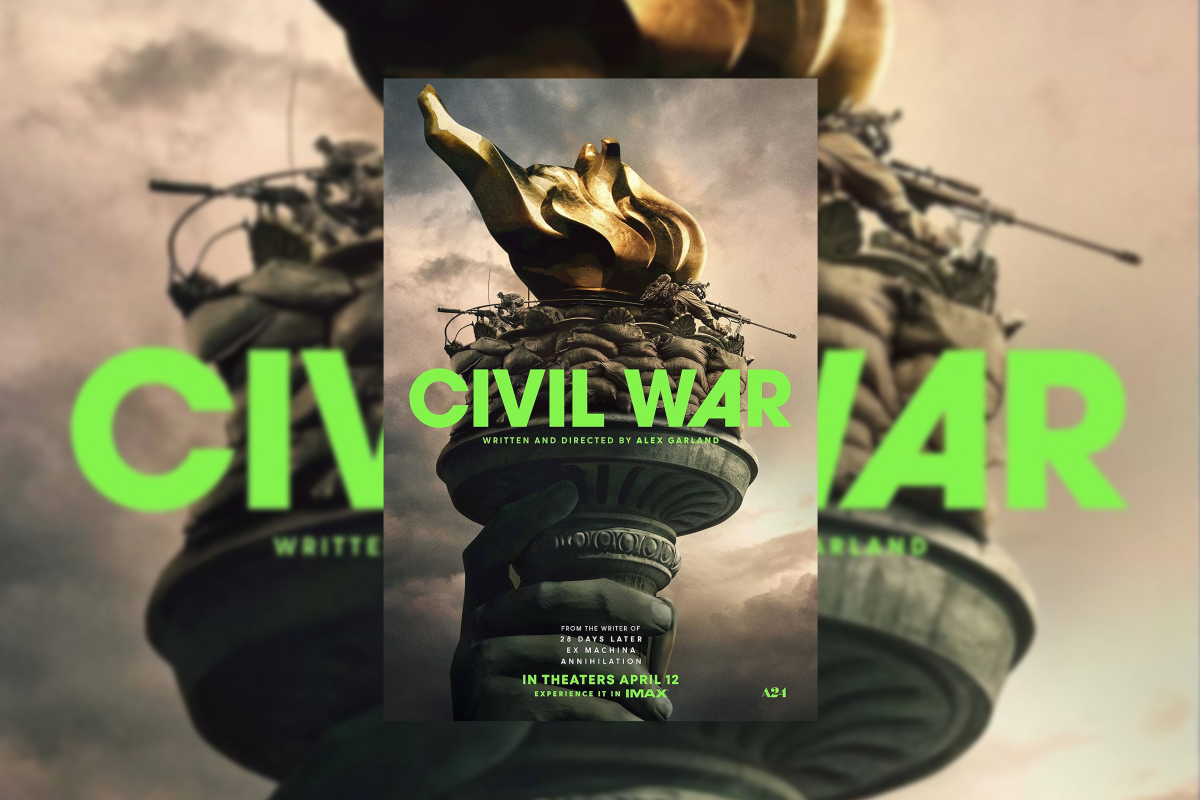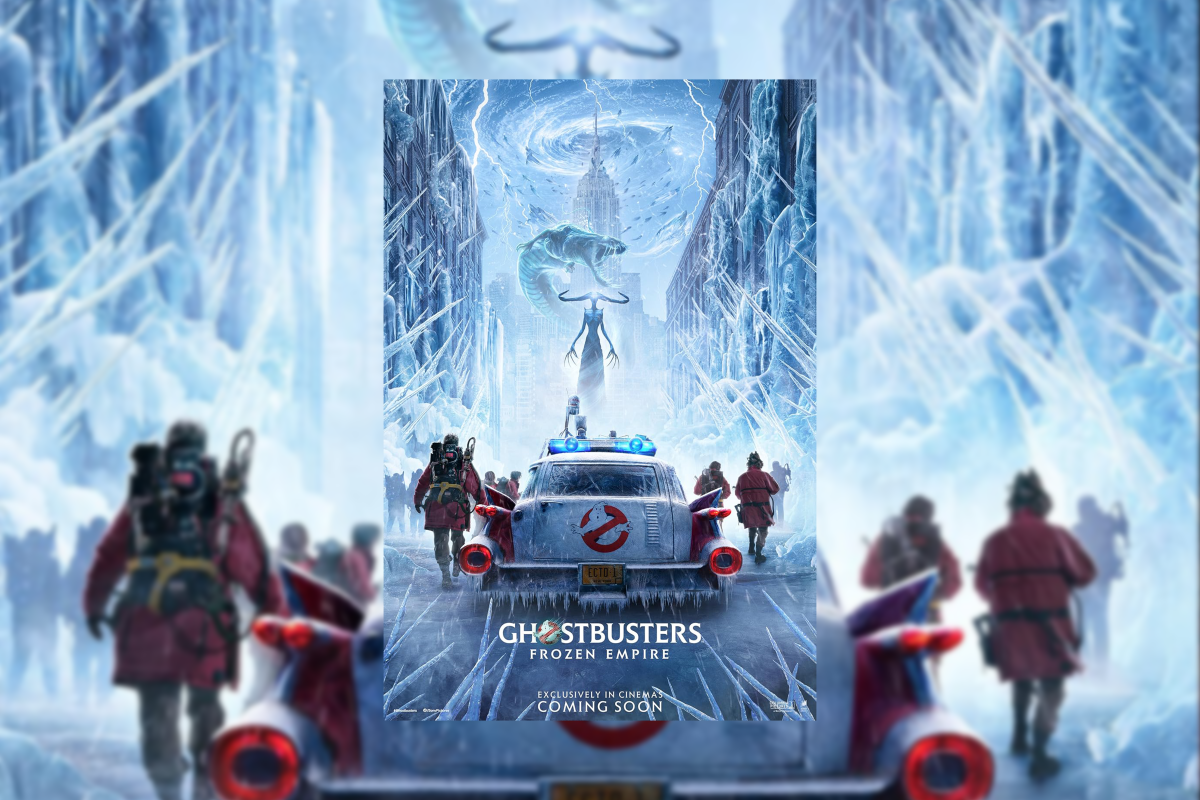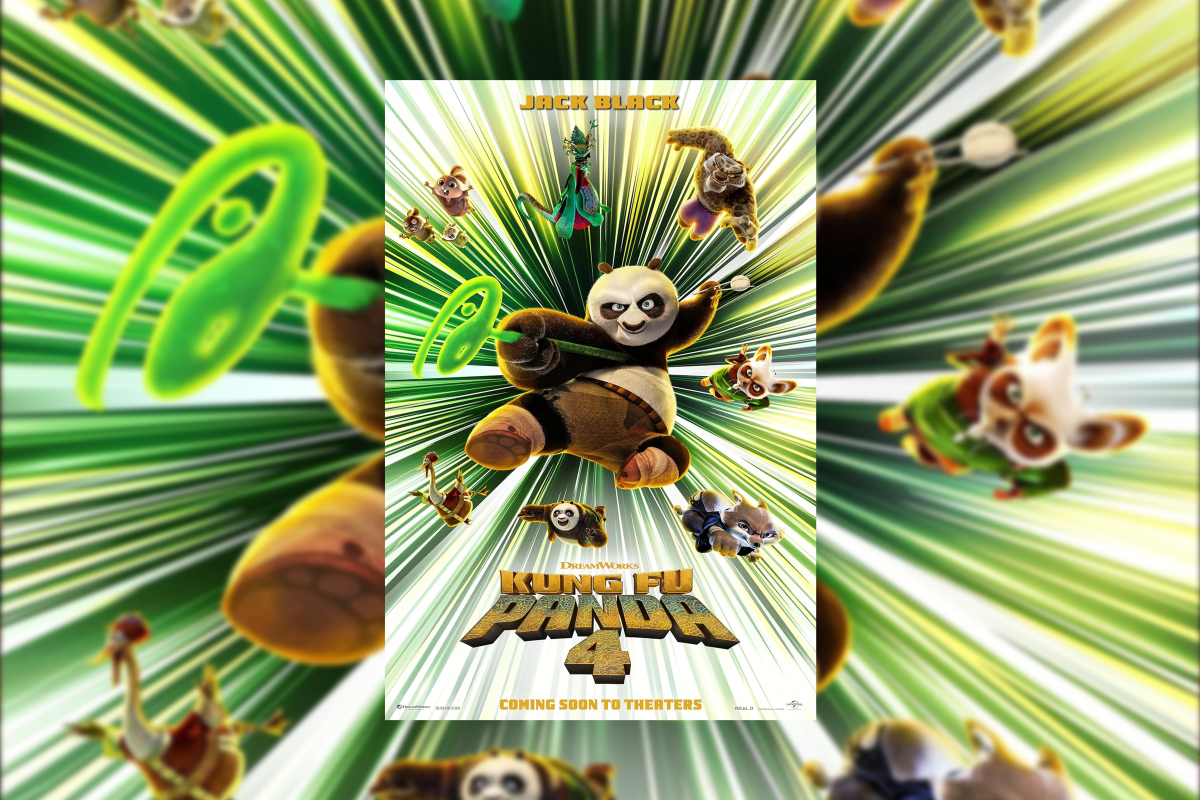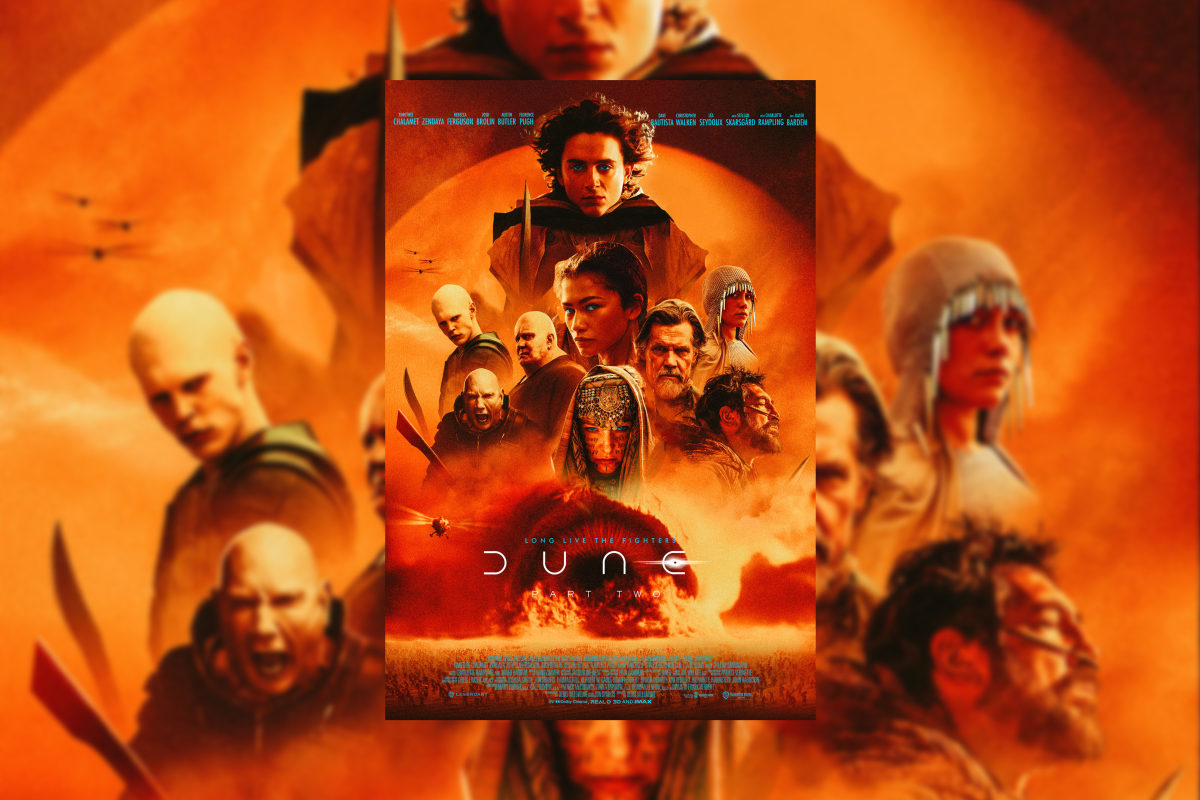I have a bone to pick with “Riverdale.”
The “Riverdale” TV show parallels its source material, the “Archie” comics, in trademarks alone. It more closely resembles “Glee’s” tolerable moments crossed with the most ridiculous “Pretty Little Liars” outtakes. Between its funeral-attire cheerleading uniforms and casting of former Disney Channel actors, “Riverdale” does nothing in half-measures. There’s never even an attempt at subtlety, nor at meaningfully drawing from its source material beyond names and archetypes. The show commits so thoroughly to its premise that it soundly ignores all conventional wisdom on storytelling and television writing. What’s most confusing about “Riverdale,” though, is that I actually like it—and so does everyone else, it seems.
So why can’t a show like “Riverdale,” whose merit lies in its autonomous production and self-awareness, stand on its own? Why did this story have to be told through the lens of a pre-existing franchise? Why can’t we have new media beyond remakes and re-brands of stories that have already been told numerous times before?
First-time viewers may argue that the show isn’t what they expected, that their favorite characters have been butchered by new renderings of their personalities, and that the overall tone departs so drastically from “Archie” that the two shouldn’t be associated with one another. These criticisms are both fair and unfair, the result of a modern television show burdened with the expectation of decades of cultural impact from a comic with which it shares little in common. And “Riverdale” isn’t the only work that suffers more under a trademark than it would without it.
Disney’s recent live-action remake of “Beauty and the Beast” would have been great if it hadn’t needed to live up to the standard of the first-ever animated film to win an Oscar for Best Picture. Other adaptations, which serve as sequels or prequels, often lose touch with what made their first installments so exciting; just think about how unimpressed many people were with “Solo: A Star Wars Story.”
What made these stories so culturally impactful in the first place is that they were unique and shared something about time and context. “Roseanne,” before its network television resurrection, could be remembered as a down-to-earth portrayal of 90’s working-class families—many of those same underlying messages just don’t hold up in 2018, though, which led to the revival’s eventual axing. “Clueless,” another 90s touchstone recently optioned for remake by Paramount Studios, has endured as an icon because it stands as indicative of its time. If its merit stood in its narrative alone, we would be remaking Jane Austen’s “Emma” (the source material for “Clueless”) instead.
Studio executives will doubtlessly keep beating dead horses so long as they keep spitting out money. But we, the viewers, can choose to invest in media that contributes to the canon of art and culture, rather than drawing out small sections of it.
So yes, I do have a bone to pick with “Riverdale.” A show this fun shouldn’t need to lean on a pre-existing franchise for validation. As is so often the case, a good story turns into a mediocre re-imagining, and new creative endeavors are left waiting for permission.
For questions/comments about this story, email [email protected] or tweet @TheWhitOnline.
























































































































































!["Working with [Dr. Lynch] is always a learning experience for me. She is a treasure,” said Thomas. - Staff Writer / Kacie Scibilia](https://thewhitonline.com/wp-content/uploads/2025/04/choir-1-1200x694.jpg)








































